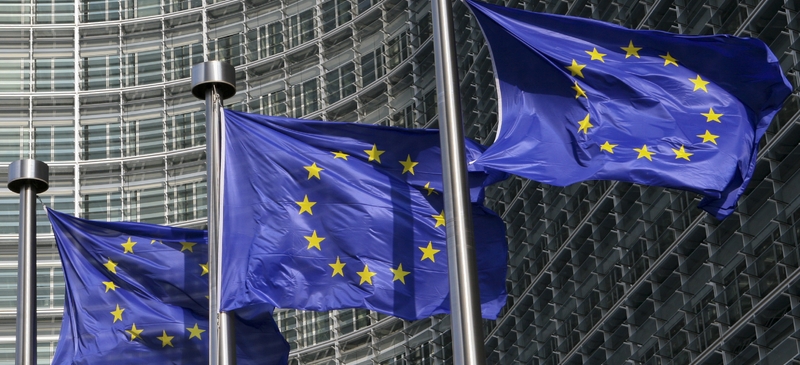
Be shrewd and end this EU feud
The current president of the European Commission, José Manuel Barroso, leaves office in November. Who should replace him? As always in EU discussions, this had led to arguments about content (which individual?) and about process (who should decide?).
The heads of national governments, who are having a summit later this week, think they should decide, as they always have. Members of the European Parliament think that the Lisbon Treaty, which is now in force, gives them the right to decide.
In practice, the decision will be made by Europe’s most powerful politician, the leader of the continent’s largest economy, German Chancellor Angela Merkel. She looks likely to choose former PM of Luxembourg, Jean-Claude Juncker. This will be a significant defeat for David Cameron.
Mr Cameron is right that Mr Juncker is not the ideal person to be president of the European Commission but the fact that Juncker is even a candidate is a result of Cameron’s previous mistakes on Europe.
The PM has played his hand badly since the European elections. He should now change his approach to focus on what the Commission should do rather than who should lead it.
The Government is talking sense when calling for reform in Europe and has some good policies, for example on energy and climate change, which would be much more effective if operated Europe-wide.
Juncker is not the type of leader Europe needs. Sceptical parties did well in the elections and not just in the UK. The French National Front won seats, as did a Eurosceptic party in Germany.
So a strong leader with a clear vision would be better than a technocrat who has spent much of his career inside the Brussels bubble. Christine Lagarde, head of the IMF, would be a much better president.
However, Juncker has been chosen as the preferred candidate of the European People’s Party, the centre-right grouping of parties in the European Parliament. And the EPP got more votes in May than any other grouping.
The Lisbon Treaty states that heads of government must “take account of” the wishes of the Parliament in appointing a Commission president. The chosen individual must also be accepted in a European Parliamentary vote before he or she takes up the position.
The EPP chose Juncker and Cameron’s mistake was to withdraw Conservative MEPs from the EPP. He had promised to do this when campaigning to be Tory leader, and this may have helped him win that position, but he is now paying the price.
If the Tories were still in the EPP, they could have argued (and voted) for a better candidate. Ms Lagarde is from the French centre-right party. With Conservative support, she could well have been chosen as the EPP candidate. Cameron can’t rewrite history but he could have reacted better to the situation after the Euro election results.
It was sensible to point out Juncker’s imperfections and disadvantages. It was not sensible to say that a Juncker presidency would increase the chances of the UK leaving the EU. Partly because this was like a schoolboy saying, “Let me win or I won’t play any more,” and partly because an increasing number of other Europeans are now content to let Britain leave. They have had enough of us Brits complaining so much.
The German government does not want Britain to leave. Ms Merkel appreciates that a UK presence increases the chance of EU policies being sensible: not anti-trade, not too restrictive, not too dominated by the French.
However Merkel, whose party remains in the EPP, is likely to support Juncker at the summit. If she does, Juncker will almost certainly be appointed. Cameron has indicated that he will carry on the fight: better to go down with all guns blazing than to accept defeat. Such obstinacy would not be in the national interest. Instead, the Government should extract some concessions from other governments in return for accepting Juncker, such as their backing for serious reform.
The need for such reform was obvious before the elections. It is now even more so following last month’s vote of no confidence. EU policy needs to focus less on austerity and more on job creation and growth. It must also focus on issues that are better dealt with at European level than by nations acting alone, such as Russia/Ukraine, energy security and climate change.
One policy that would address all these issues is energy efficiency. Russia provides about a third of Europe’s gas imports, so greater efficiency would reduce dependence on Vladimir Putin. Improving the efficiency of buildings and factories could create jobs, which could not be outsourced. An individual in India could not insulate a building in Birmingham. Fewer people would be killed by cold each winter. Reduced energy costs would also increase Europe’s competitiveness.
Cameron should go to the Euro summit with his eyes focused on policies, not personalities. A Juncker presidency is now all but inevitable. That is not ideal but what he does is more important than who he is.
